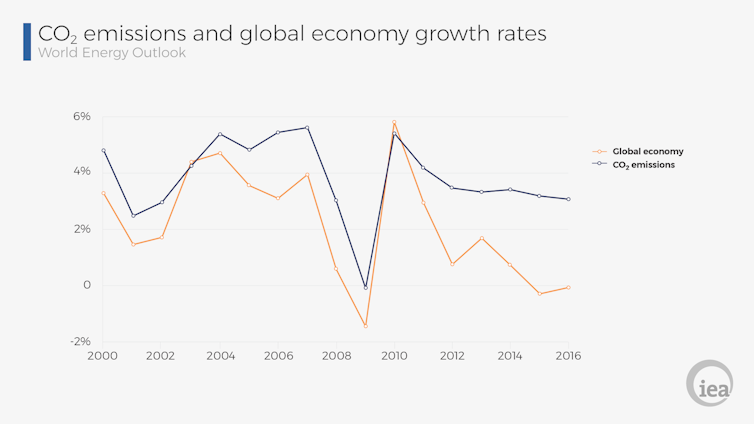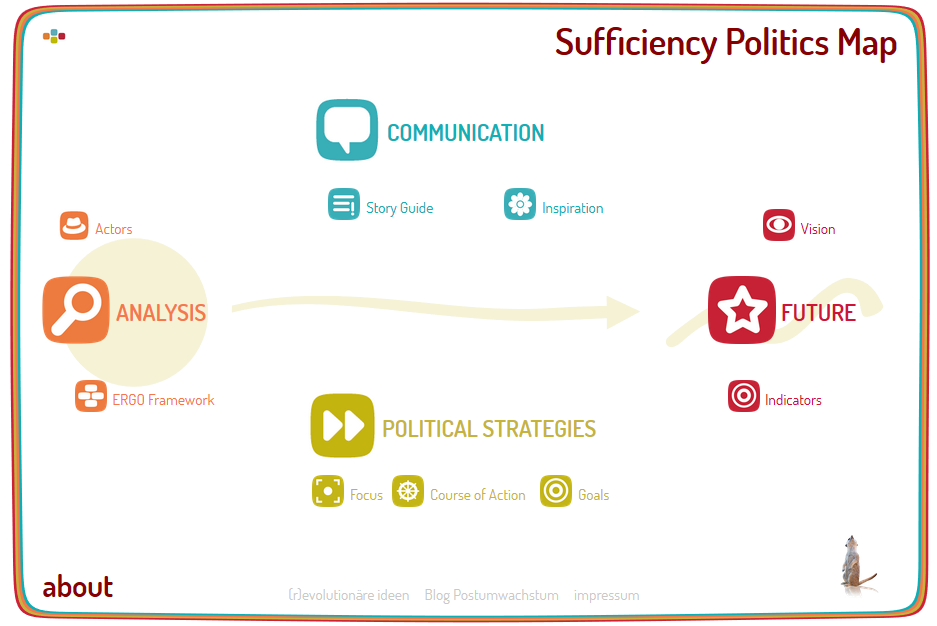At the COP24 conference in Poland, countries are aiming to finalise the implementation plan for the 2015 Paris Agreement. The task has extra gravity in the wake of the recent IPCC report declaring that we have just 12 years to take the action needed to limit global warming to that infamous 1.5ᵒC target. Although the conference itself is open to selected state representatives only, many see the week as an opportunity to influence and define the climate action agenda for the coming year, with protests planned outside the conference halls. A crucial role of environmental activists is to shift the public discourse around climate change and to put pressure on state representatives to act boldly. COP24 offers a rare platform on which to drive a step change in the position of governments on climate change. However, many environmental movements in Europe are not offering the critical analysis and radical narratives needed to achieve a halt to climate change. Read more: Extinction Rebellion: I'm an academic embracing direct action to stop climate change
 Economic growth and carbon emissions are closely linked. International Energy Agency
Practically, what this means is that as long as economic growth continues to expand rapidly and indefinitely, so too will the quantity of CO₂ in the atmosphere and the associated environmental and social impacts.
To address climate change, therefore, we must address the root cause of this planetary ailment: the ideology of growth first, growth always. By moving away from growth-oriented societies in Europe and other advanced economies, towards ones that prioritise environmental and social health, we stand the slimmest chance of solving our climate crisis, while still allowing the poorest economies globally to meet their economic needs.
Economic growth and carbon emissions are closely linked. International Energy Agency
Practically, what this means is that as long as economic growth continues to expand rapidly and indefinitely, so too will the quantity of CO₂ in the atmosphere and the associated environmental and social impacts.
To address climate change, therefore, we must address the root cause of this planetary ailment: the ideology of growth first, growth always. By moving away from growth-oriented societies in Europe and other advanced economies, towards ones that prioritise environmental and social health, we stand the slimmest chance of solving our climate crisis, while still allowing the poorest economies globally to meet their economic needs.
Please find below a text published in The Guardian and also in several European Countries. More than 200 academics call on the European Union and its member states to plan for a post-growth future in which human and ecological wellbeing is prioritised over GDP. More than 78,000 people already singed the petition "Europe, It’s Time to End the Growth Dependency" This week, scientists, politici...

When our book Post-Growth Society was published in 2010 in German, the term was entirely unheard of. Today, Post-Growth is the harsh reality in many countries, but this phenomenon is considered to be transitory. Governmental investment subsidies and infrastructure spending, consumer incentive programs and a generous monetary policy are supposed to re-stimulate growth. Additional governmental e...

By Nafeez Ahmed Worried about the shit hitting the fan on climate change and other major crises? Good. Because those crises prove that civilization is in the midst of a phase shift to new forms – and we’ve got the opportunity, right now, to ride the wave of five interlinked revolutions in information, food, energy, finance and ethics, to co-create a new way of being that works for everyone. I...